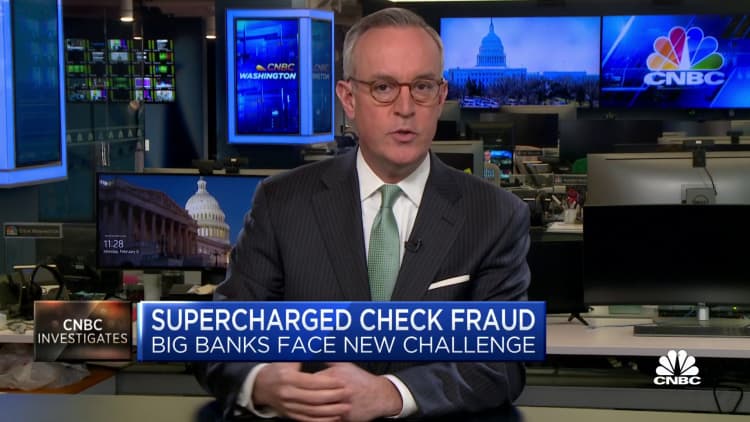South_agency | E+ | Getty Images
There has been a nationwide increase in “phantom hacker” scams, a type of fraud “significantly impacting senior citizens,” who often lose their entire bank, savings, retirement or investment accounts to such crime, according to the FBI.
“Phantom hacker” scams are an evolution of tech support scams, a type of cybercrime.
As of August 2023, losses from tech support scams were up 40% over the same period in 2022, according to a recent FBI public service announcement. It didn’t disclose the total dollar loss during that period.
More from Personal Finance:
How this 77-year-old widow lost $661,000 in a common tech scam
Student loan borrowers at risk of scams as payments restart, says FTC
Labor Department to raise protections for 401(k) to IRA rollovers
Half of the victims were over 60 years old and comprise 66% of the total financial losses, the FBI said.
Older adults have generally amassed a larger nest egg than younger age groups, and therefore pose a more lucrative target for criminals. Older adults are also “particularly mindful of potential risks to their life savings,” Gregory Nelsen, FBI Cleveland special agent in charge, said in a statement.
“These scammers are cold and calculated,” Nelsen said. “The criminals are using the victims’ own attentiveness against them,” he added.
How ‘phantom hacker’ scams operate
“Phantom hacker” crimes are multi-layered.
Initially, fraudsters generally pose as computer technicians from well-known companies and persuade victims they have a serious computer issue like a virus — and that their financial accounts may also be at risk from foreign hackers.
Accomplices then pose as officials from financial institutions or the U.S. government, who convince victims to move their money from accounts that are supposedly at risk to new “safe” accounts, under the guise of protecting their assets.

None of it is true.
“In reality, there was never any foreign hacker, and the money is now fully controlled by the scammers,” according to a recent announcement by the FBI’s Cleveland bureau.
About 19,000 victims of tech-support scams submitted complaints to the FBI from January to June 2023. Estimated losses were over $542 million, the FBI said.
By comparison, there were about 33,000 total complaints and $807 million in losses in 2022, according to FBI data.
Tips for consumers to protect their money
The FBI offered five “don’ts” to help consumers sidestep this kind of fraud:
- Don’t click on unsolicited computer pop-ups, or links or attachments in text messages and emails.
- Don’t contact the phone number provided in a pop-up, text or email telling you to call a number for “assistance.”
- Don’t download software upon the request of an unknown individual who contacted you.
- Don’t let an unknown person who contacted you have control of your computer.
- Don’t send money via wire transfer to foreign accounts, cryptocurrency, or gift or prepaid cards at the behest of someone you don’t know.
 EU News Digest Latest News & Updates
EU News Digest Latest News & Updates



